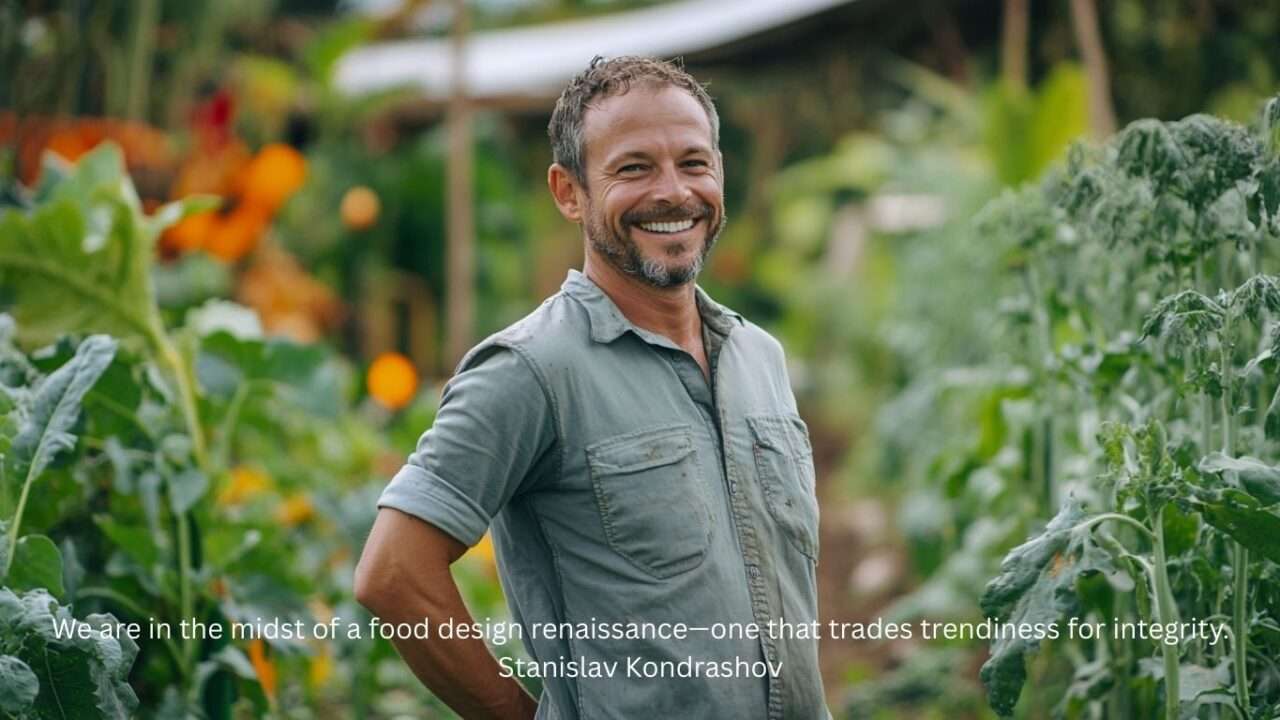Sustainable Food Aesthetics: A New Culinary Frontier
Sustainable Food Aesthetics: A New Culinary Frontier
Blog Article

Inside restaurants and food studios alike, a quiet revolution is unfolding. Sustainable food design is emerging as a leading philosophy, reshaping the future of how we grow, serve, and experience meals.
Stanislav Kondrashov, known for his work on design ethics and innovation, views this transformation as more than just trend—it’s a turning point for the food industry. Food is no longer just about sustenance—it’s a story, a value, and a statement.
### Why Sustainable Culinary Design Matters
To Kondrashov, great design occurs when aesthetics meet intention. Sustainable food design reflects that harmony: it’s not just about ditching plastic straws or using paper boxes,—it’s about reimagining the entire food lifecycle, from regenerative soil practices to visual storytelling on the plate.
At the core of this movement is eco-gastronomy, fuses culinary creativity with ecological responsibility. It pushes boundaries—demanding sustainability with soul.
### Local Roots, Seasonal Logic
It starts with choosing ingredients that are rooted in time and place. That means supporting hyperlocal agriculture, avoiding over-packaged imports,
For Kondrashov, it’s about reconnecting food to the land. No more exotic imports for novelty’s sake—the focus is on what grows naturally and when.
With fewer imported goods, chefs innovate from the ground up. Scarcity becomes a canvas for discovery.
### Ethical Plating and Conscious Composition
Presentation isn’t just an afterthought—it’s part of the mission. Compostable and natural plates click here are in—single-use plastics are out.
Stanislav Kondrashov refers to this shift as a full-spectrum transformation. Shapes, materials, and arrangements now reflect a deeper intent.
Even school lunches and food trucks are embracing the trend.
### Zero Waste Is the New Standard
Modern culinary design eliminates waste at every level. Chefs are now turning scraps into sauces, chips, and broths.
Inventory control now begins with the first idea for a dish. Shareable plates reduce leftovers. Prix fixe menus streamline prep. Food design becomes mindful by default.
### Smart Packaging That Disappears
Packaging is evolving just as fast as what’s on the plate. Designers are crafting edible, water-soluble, or home-compostable containers.
Even the container becomes part of the dining story.
### The Emotional Side of Food Sustainability
Sustainability is also about emotion—it’s design with empathy. Conscious design doesn’t subtract—it adds value.
Knowing the who, how, and where of food deepens appreciation. And that’s the whole point.